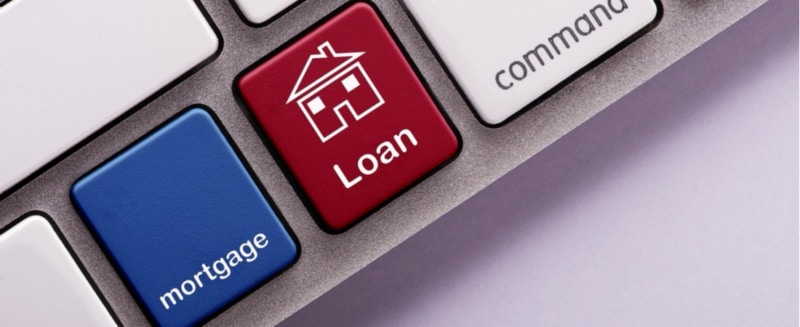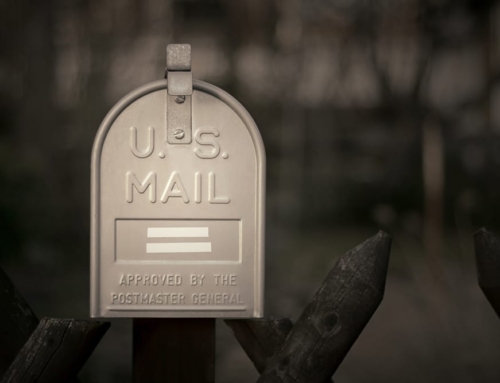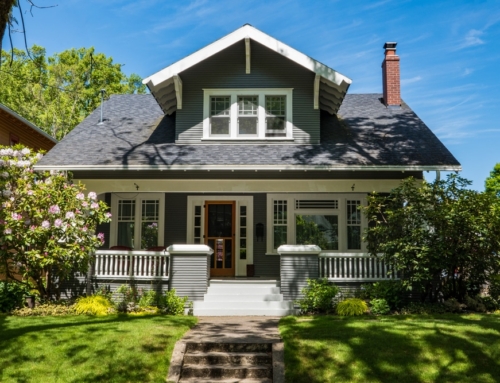Private mortgage insurance, or PMI, can be a large new expense for homebuyers to take on each month. Fortunately, there are ways to avoid paying for PMI. If homebuyers are able to invest enough equity in their property, private mortgage insurance will not be required by the lender. If homebuyers put at least 20 percent as a downpayment when they purchase a new home, they’ll have enough equity to avoid paying for private mortgage insurance.
If homebuyers put down a 20 percent down payment up front, they will likely get a better interest rate from the lender and they’ll avoid needing private mortgage insurance, saving the homebuyers thousands of dollars. Lenders like to have PMI on mortgages with low down payments because these loans are historically riskier than mortgages with high down payments. Homebuyers who make small down payments are more likely to default on their mortgage loans.
The monthly premium price for private mortgage insurance depends on the purchase price of a homebuyer’s new property and the type of mortgage loan the homebuyer has. Homebuyers can expect to pay anywhere from $45 to $60 a month for every $100,000 of the homebuyer’s mortgage loan amount. Those costs really add up, so homebuyers should start off with a high enough down payment to avoid needing PMI or make sure they will have 20 percent equity in their home as soon as they can to eliminate the extra payment. If homebuyers have an FHA loan, these mortgage insurance payments may continue even after the homeowners have more than 20 percent equity.
Once homebuyers have 20 percent equity in their home, either through making mortgage loan payments or rising home values in the neighborhood, homebuyers can talk to lenders about canceling the added payments for private mortgage insurance.
[amazon_link asins=’1524763438,0812927419,0609809954,0609809334′ template=’ProductCarousel’ store=’thinkglink-20′ marketplace=’US’ link_id=’12400cf2-f173-11e7-8184-f14613c6b1bf’]







First home buyers can also avoid PMI by taking advantage of special programs available from nonprofits and government agencies.
For example, I work for a nonprofit that provides down payment loans at 0% interest or a reduced rate to buyers with a modest income.
And the Federal Home Loan Bank of NY offers a matched savings program applies up to $7500 to down payment and closing costs. In an expensive market, that’s a pretty small amount. But every bit helps and it’s worth it for first home buyers to check out such programs before they buy.
Finally, PMI companies offer a slight discount to buyers who take home buyer education.